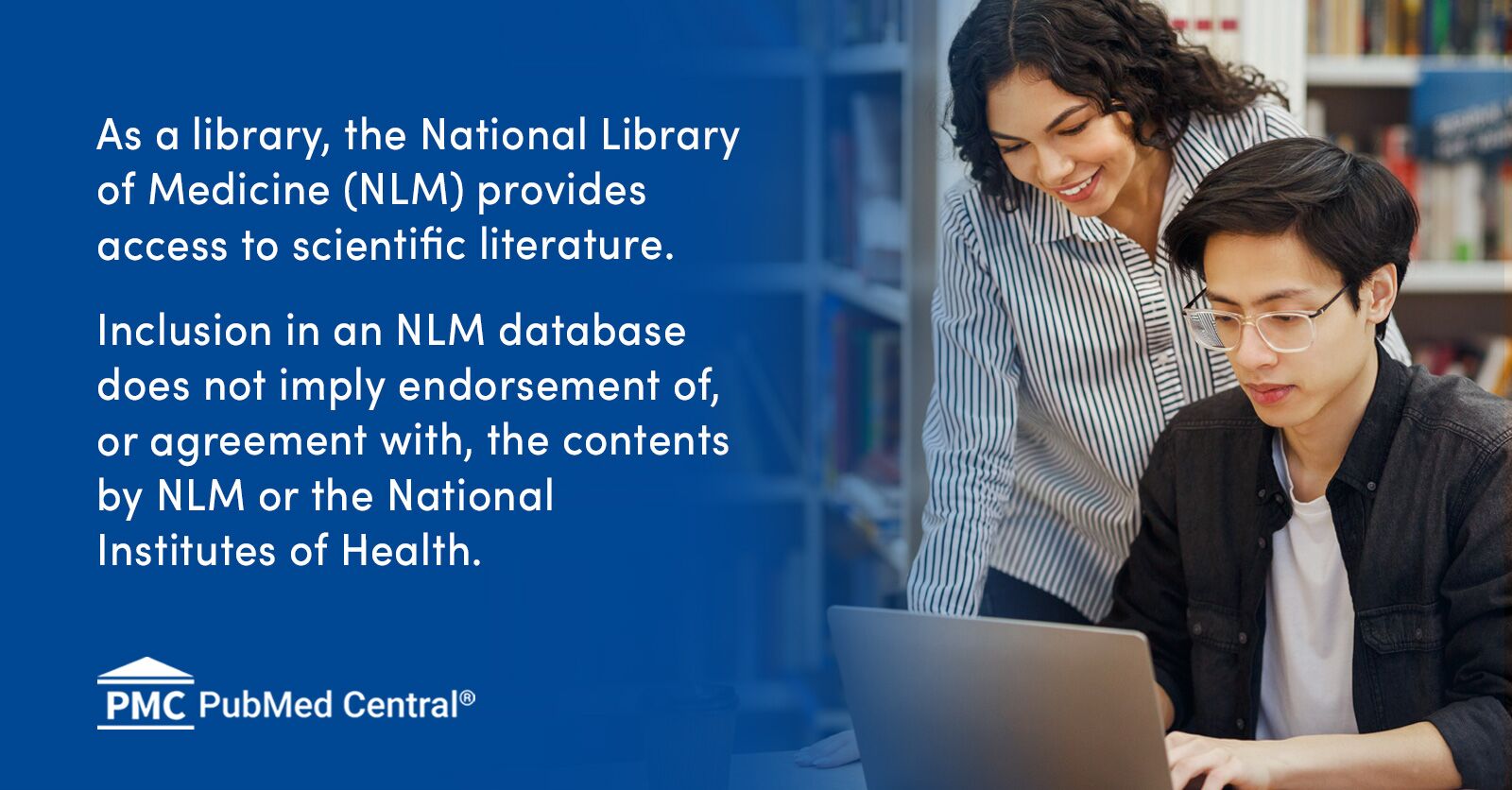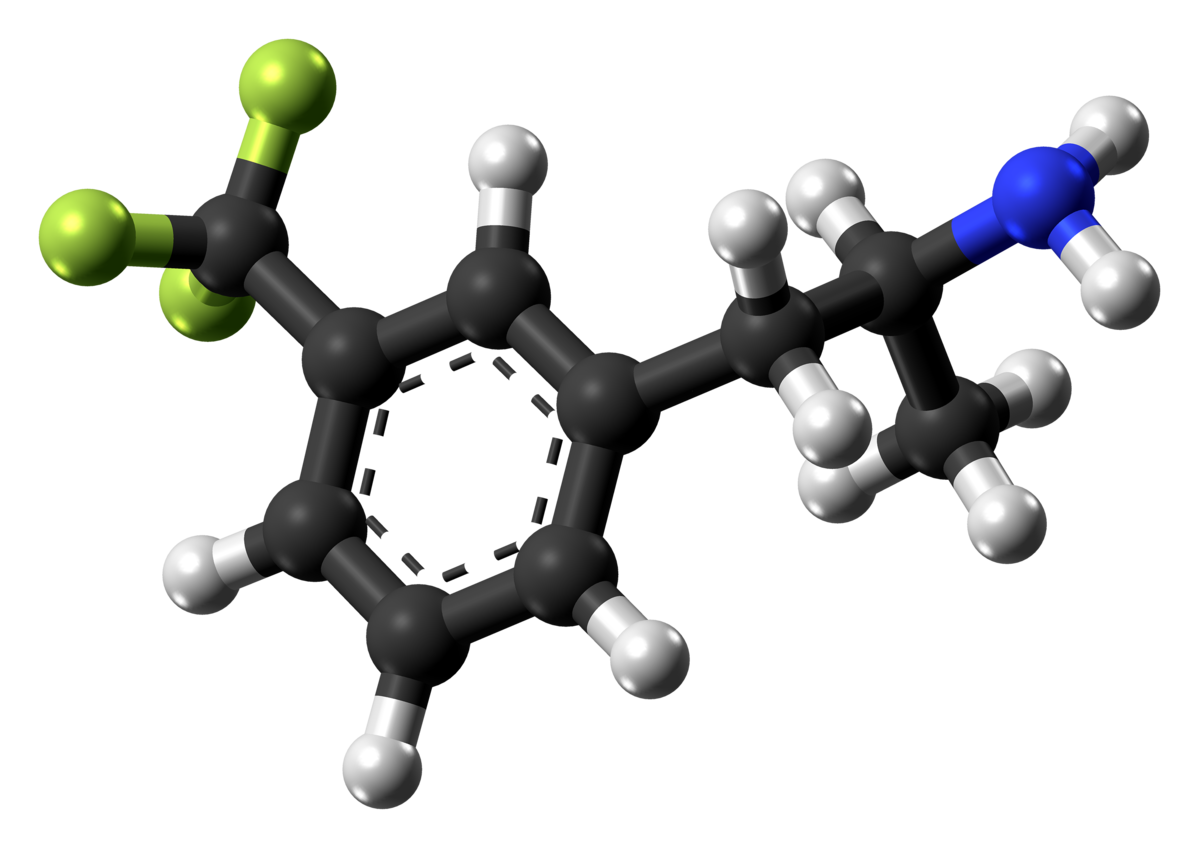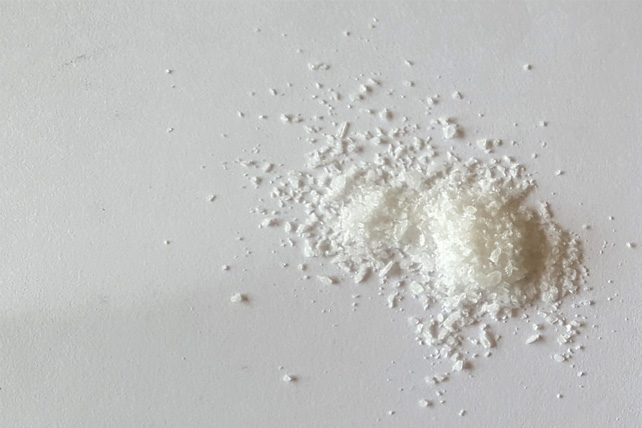Gregor_Stewart
Greenlighter
- Joined
- Dec 15, 2018
- Messages
- 15
So the fact most people binge on 4mmc doesnt mean that the serotonin button is constantly being pressed?It's a very specific serotonin receptor affinity that you're talking about, not all serotonergic agents. And it also requires direct agonism of the cardiac 5HT2B receptors and or sustained large increases in circulating plasma serotonin levels.
It's the 5-HT2b receptor. The issue is either very high levels of circulating serotonin as opposed to increases in brain serotonin, or the actual compound agonizes the 5-HT2B receptor (as in MDA and MDMA).
Meow meow causes a very significant increase in BRAIN dopamine and serotonin. However, the levels drop very quickly (a Half-life less than a half an hour) as opposed to the 300 minutes Half-Life serotonin clearance for MDMA.
This is probably why it's more-ish, and also probably why you can redose all night long and still have euphoria.
The elimination half-life of 4-MMC is 2 hours.
While there have been reports of valvulopathy in heavy MDMA users, I've been unable to find actual corroborative data.
That being said, MDMA is unique because it actually agonizes the 5-HT2B receptor which is then induces serotonin release. In fact, this is required for many of the effects of MDMA. The 5-HT2B receptor in platelets is responsible for serotonin release into plasma and it is this action as well as direct agonism of cardiac 5-HT2b receptors that would likely be responsible for any valvulopathy.

Serotonin 5-HT2B Receptors Are Required for 3,4-Methylenedioxymethamphetamine-Induced Hyperlocomotion and 5-HT Release In Vivo and In Vitro
The “club drug” 3,4-methylenedioxymethamphetamine (MDMA; also known as ecstasy) binds preferentially to and reverses the activity of the serotonin transporter, causing release of serotonin [5-hydroxytryptamine (5-HT)] stores from nerve ...www.ncbi.nlm.nih.gov
I can't find any evidence that 4-MMC is an agonist at the 5-HT2B receptor.
All of that means It's really quite unlikely that meow meow is going to cause valvulopathy.
Also i put 4mmc into one of those receptor prediction software a while ago specifically looking for 5ht2b as i also couldnt find any studies/information about it online. It did pop up but seemed to predict a weaker binding affinity than the other serotonin + dopamine receptors which made me think its less of an issue than mdma. But then again most people who use mdma dont typically smash it often and if they do, then they typically burn out and eventually stop pretty quickly. Also 6apb has a stronger affinity and has been associated with heart valve thickening. But as you said theres nothing online about 4mmc, yet you'll find plenty of hidden communities of 4mmc enthusiasts who absolutely abuse the drug and have done for years on end some are still using since 08/09 and going strong. Which suggests it cant be that bad right?


